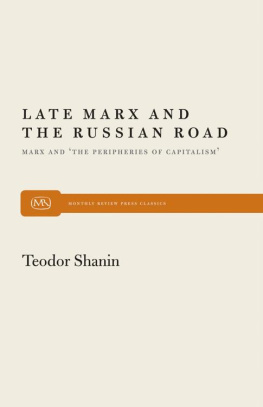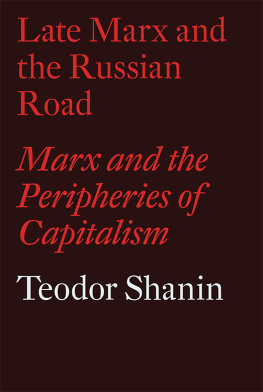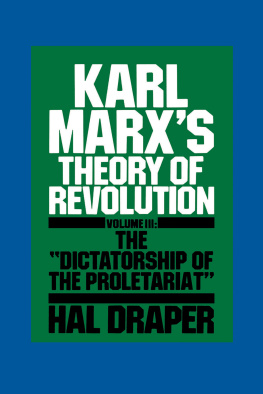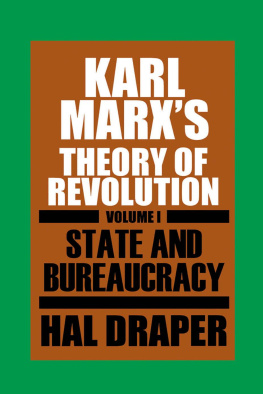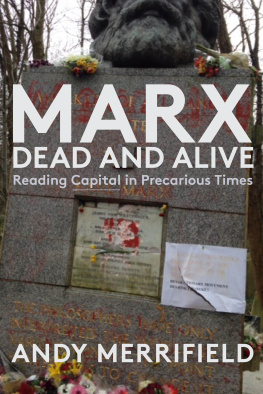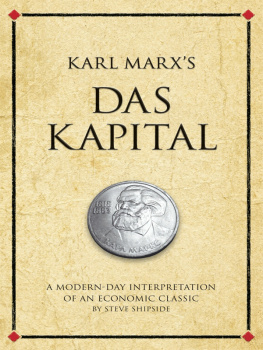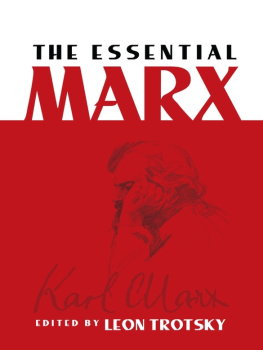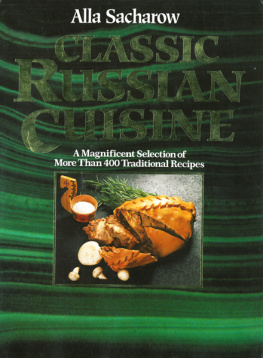Teodor Shanin - Late Marx and the Russian Road: 26 (Monthly Review Press Classic Titles)
Here you can read online Teodor Shanin - Late Marx and the Russian Road: 26 (Monthly Review Press Classic Titles) full text of the book (entire story) in english for free. Download pdf and epub, get meaning, cover and reviews about this ebook. year: 2019, publisher: Monthly Review Press, genre: Politics. Description of the work, (preface) as well as reviews are available. Best literature library LitArk.com created for fans of good reading and offers a wide selection of genres:
Romance novel
Science fiction
Adventure
Detective
Science
History
Home and family
Prose
Art
Politics
Computer
Non-fiction
Religion
Business
Children
Humor
Choose a favorite category and find really read worthwhile books. Enjoy immersion in the world of imagination, feel the emotions of the characters or learn something new for yourself, make an fascinating discovery.
- Book:Late Marx and the Russian Road: 26 (Monthly Review Press Classic Titles)
- Author:
- Publisher:Monthly Review Press
- Genre:
- Year:2019
- Rating:4 / 5
- Favourites:Add to favourites
- Your mark:
- 80
- 1
- 2
- 3
- 4
- 5
Late Marx and the Russian Road: 26 (Monthly Review Press Classic Titles): summary, description and annotation
We offer to read an annotation, description, summary or preface (depends on what the author of the book "Late Marx and the Russian Road: 26 (Monthly Review Press Classic Titles)" wrote himself). If you haven't found the necessary information about the book — write in the comments, we will try to find it.
Teodor Shanin: author's other books
Who wrote Late Marx and the Russian Road: 26 (Monthly Review Press Classic Titles)? Find out the surname, the name of the author of the book and a list of all author's works by series.
Late Marx and the Russian Road: 26 (Monthly Review Press Classic Titles) — read online for free the complete book (whole text) full work
Below is the text of the book, divided by pages. System saving the place of the last page read, allows you to conveniently read the book "Late Marx and the Russian Road: 26 (Monthly Review Press Classic Titles)" online for free, without having to search again every time where you left off. Put a bookmark, and you can go to the page where you finished reading at any time.
Font size:
Interval:
Bookmark:
Late Marx and the Russian Road
A case presented by
Teodor Shanin
(editor)
Late Marx and the Russian Road
Marx and the peripheries of capitalism

Monthly Review Press
New York
Copyright 1983 by Teodor ShaninAll rights reserved
Library of Congress Cataloging in Publication DataMain entry under title:
Late Marx and the Russian road.
Includes index.
1. Marx, Karl, 1818-1883. 2. Communism Soviet Union History. I. Shanin, Teodor.
HX39.5.L363 1984335.42383-13237
ISBN 0-85345-646-1
ISBN 0-85345-647-X (pbk.)
Manufactured in Great Britain10 9 8 7 6 5 4 3 2 1
To Eric Hobsbawm
this book is gratefully offered
as a belated tuition fee
De omnibus dubitandum
Contents
Introduction
Books ideally speak for themselves. A lengthy explanation of contents may deflect attention from the books goal, especially so, in a volume which includes also papers of interpretation. This introduction will be brief.
The mid-part of the book is mainly given to the drafts of Marxs 1881 discussion concerning rural Russia and some supplementary materials. The iconoclastic nature of this extraordinary piece of thinking aloud as against Marxs earlier views and later interpretations, the peculiar history of those drafts, the relevance of them for the so-called developing societies of today, make these papers into one of the most important intellectual finds of the century. Their first full and direct translation into English should enable the readers to judge for themselves the extent to which Marxs magnificent originality, foresight and heretical lan stayed with him to the very end. Bureaucrats and theologians of science in whichever camp will not like it. Good!
The books first part offers some interpretations of Marxs work at the last stage of its development, relating directly to the drafts published. It is polemical and not of one cloth in such matters critical doubt and debate are essential. It was Marx who chose as his favourite motto De omnibus dubitandum doubt everything and the drafts below offer living proof of how much he was true to this principle. A way to honour his scholarship is to follow him in that.
The final group to which Marx and Engels have consistently referred till the end as our friends. The whole movement is remembered for its heroic defiance and bombings, which seem to have obscured its achievements in the realm of theory, namely, an alternative and highly original view of society, state and revolution within the specific social context they operated in. Also, their writings offer insight into analysis which merged, rarely acknowledged, into the thought of late Marx as well as that of Lenin. Looking at the subsequent century, one is struck by the contemporary potence of many of those statements. It is as if the global history and human society were only now catching up with many of the revolutionary considerations and illuminations of the 1880s, both those of the Peoples Will and Marxs own. A discussion of interdependence between Marxs analysis and the vernacular revolutionary tradition concludes both the section and the book while forming a link with the consideration of the socialisms of the twentieth century.
Even on first perusal of the book, the reader should keep in mind its assumption that the Russia of those times was a developing or peripheral capitalist society, in the sense attached to those terms today arguably the first of its type. It is only in that light that the papers presented by Marx can be considered in their full contemporary relevance. In the same light one can see the fuller significance of Marxs declared wish to use Russia for the Volume III of Capital the way he used England in Capital, Volume I. Also, there are clearly different conceptions of Marxism, one of which sees itself as consistent deduction from Capital, Volume I using whichever empirical evidence is handy to defend its absoluteness and its universality. The text which follows should help to transform Marxs comment of the 1870s about himself not being a Marxist from a sly anecdote into a major illumination of Marxs own Marxism as against that of the first generation of his interpreters.
For the rest, the book will speak for itself.
Part 1
Late Marx
The first part of the book begins with an article which sets out the line of argument the book is to pursue: an historiography of Marxs thought which differs from that usually adopted, the place of Russian social data and revolution experience in it, the way it indicates Marxs developing insights into the peripheries of the capitalism he was exploring in Volume I of Capital. The subsequent article by Wada offers a systematic textual analysis an intellectual history of the changes which occurred in Marxs writings since 1867 and considers their relation to the Russian scene and their direct relevance to Marxs growing awareness of the structure of backward capitalism. Wadas work reflects also the very important achievement of the Japanese scholars, which was seldom given the attention and credit it deserves. The last item within is a section of a larger article by Derek Sayer and Philip Corrigan which offered an early critical response to Shanin and Wadas views concerning the continuity and the change in Marxs thought. Their line of criticism is presented without being endorsed, in the spirit of the books motto. The part of the article devoted to changes in Marxs understanding of the state, linking the experience of the Paris Commune of 1871 to his consideration of the Russian peasant commune in 1881, is presented in full as an interesting extension of the theme to which this book is devoted.
Late Marx: gods and craftsmen
Teodor Shanin
Das ist der Weisheit letzer Schlu:
Nur der verdient sich Freiheit wie das Leben
Der tglich sie erobern mu!
This is the final wisdom, ever true:
He only earns his freedom and his life
who daily conquers them anew!
Goethe, Faust II
Ordering change
Volume I of Marxs Capital was both the peak of Classical Political Economy and its most radical reinterpretation. It offered a fundamental model, built on the classical theory of value, of the most industrially advanced social economies of its time. It developed and placed at the centre of analysis a theory of accumulation through exploitation, and thereby of structurally determined class conflict and social transformation the theory of surplus value. It is indeed, therefore, the self-consciousness of the capitalist society primarily a theory of bourgeois society and its economic structure,the dialectical negation of Political Economy, a self-consciousness of capitalism turning at its highest level of accomplishment into criticism of its very root, its unmasking, and thereby its subversion and transformation.
To date and place Capital is also to open up a major set of questions concerning the development of Marxs thought in the period which followed. Central to it is the 1872-82 decade of Marxs life in which there was growing interdependence between Marxs analysis, the realities of Russia, and the Russian revolutionary movement an uncanny forerunner of what was to come in 1917. The questions concern Marxs theory of social transformation of ordering change not only within capitalism. To understand this one may well begin with Capital but cannot stop at that.
The strength of Capital lay in its systematic, comprehensive, critical, historically sophisticated and empirically substantiated presentation of the way a newly created type of economy the contemporary capitalist economy of Great Britain had worked on a societal level. Of paramount significance has been the more general use this model offered for other societies in which capitalism has been in manifest and rapid ascent ever since. Its limitations as well as its points of strength are children of their time the times of the breakthrough and rush forward of the Industrial Revolution, the rise and increasing application of science and the spread of the French Revolutions political philosophies of evolution and progress. Central to it was evolutionism the intellectual arch-model of those times, as prominent in the works of Darwin as in the philosophy of Spencer, in Comtes positivism and in the socialism of Fourier and Saint Simon. Evolutionism is, essentially, a combined solution to the problems of heterogeneity and change. The diversity of forms, physical, biological and social, is ordered and explained by the assumption of a structurally necessary development through stages which the scientific method is to uncover. Diversity of stages explains the essential diversity of forms. The strength of that explanation lay in the acceptance of change as a necessary part of reality. Its main weakness was the optimistic and unilinear determinism usually built into it: the progress through stages meant also the universal and necessary ascent to a world more agreeable to the human or even to the absolute spirit or God himself. The materialist
Next pageFont size:
Interval:
Bookmark:
Similar books «Late Marx and the Russian Road: 26 (Monthly Review Press Classic Titles)»
Look at similar books to Late Marx and the Russian Road: 26 (Monthly Review Press Classic Titles). We have selected literature similar in name and meaning in the hope of providing readers with more options to find new, interesting, not yet read works.
Discussion, reviews of the book Late Marx and the Russian Road: 26 (Monthly Review Press Classic Titles) and just readers' own opinions. Leave your comments, write what you think about the work, its meaning or the main characters. Specify what exactly you liked and what you didn't like, and why you think so.

